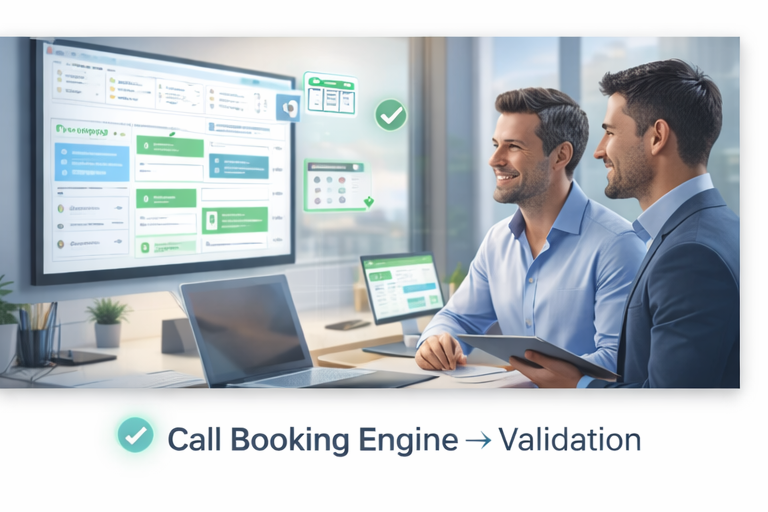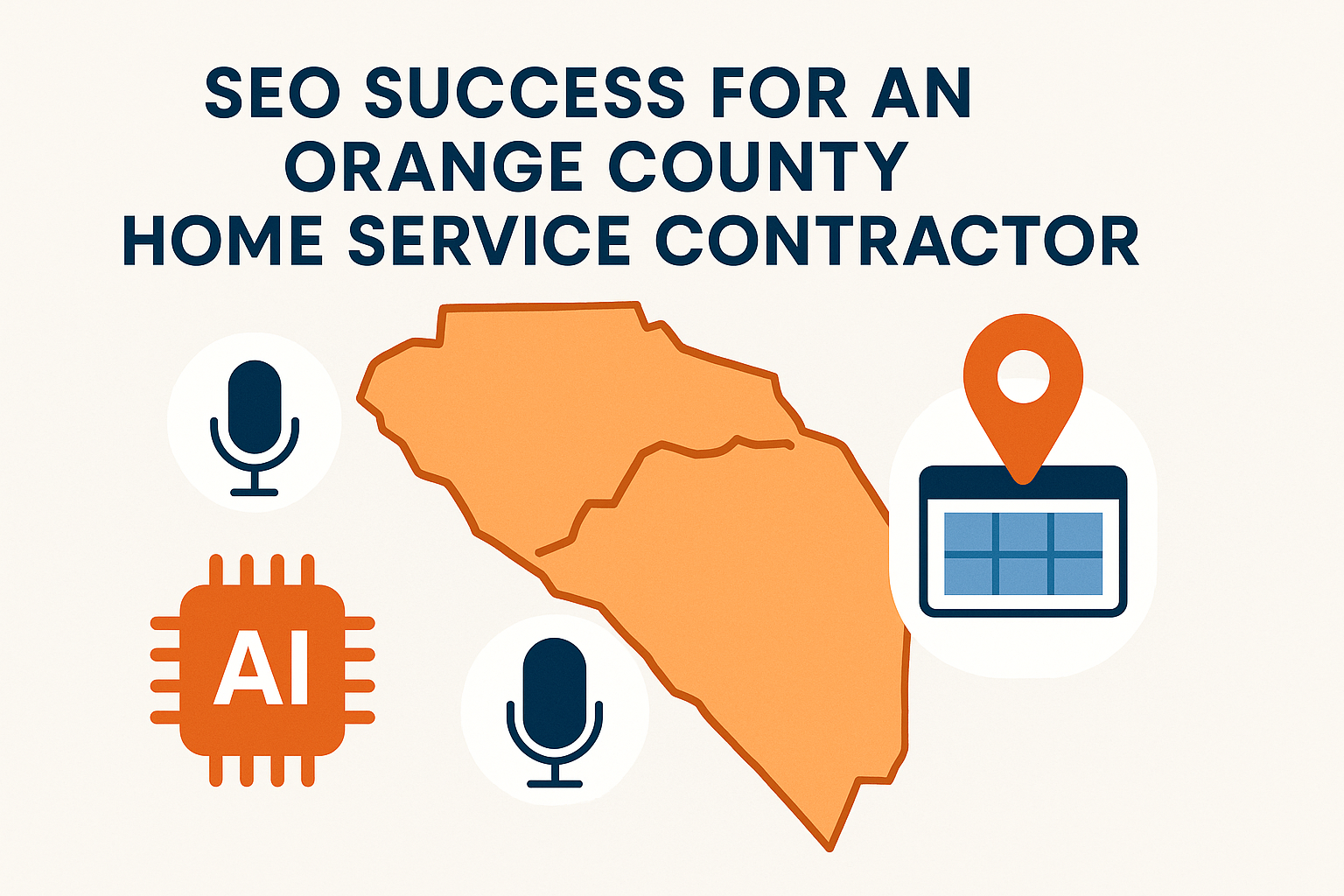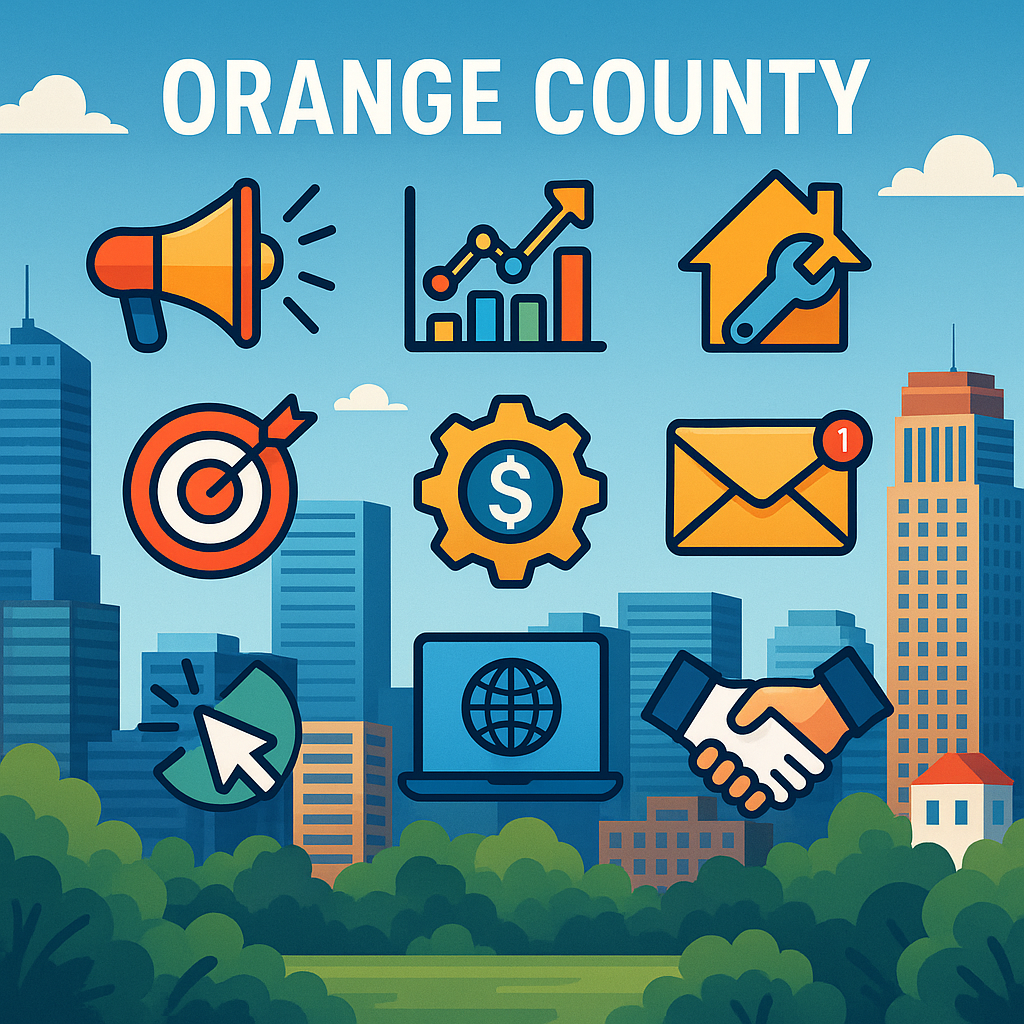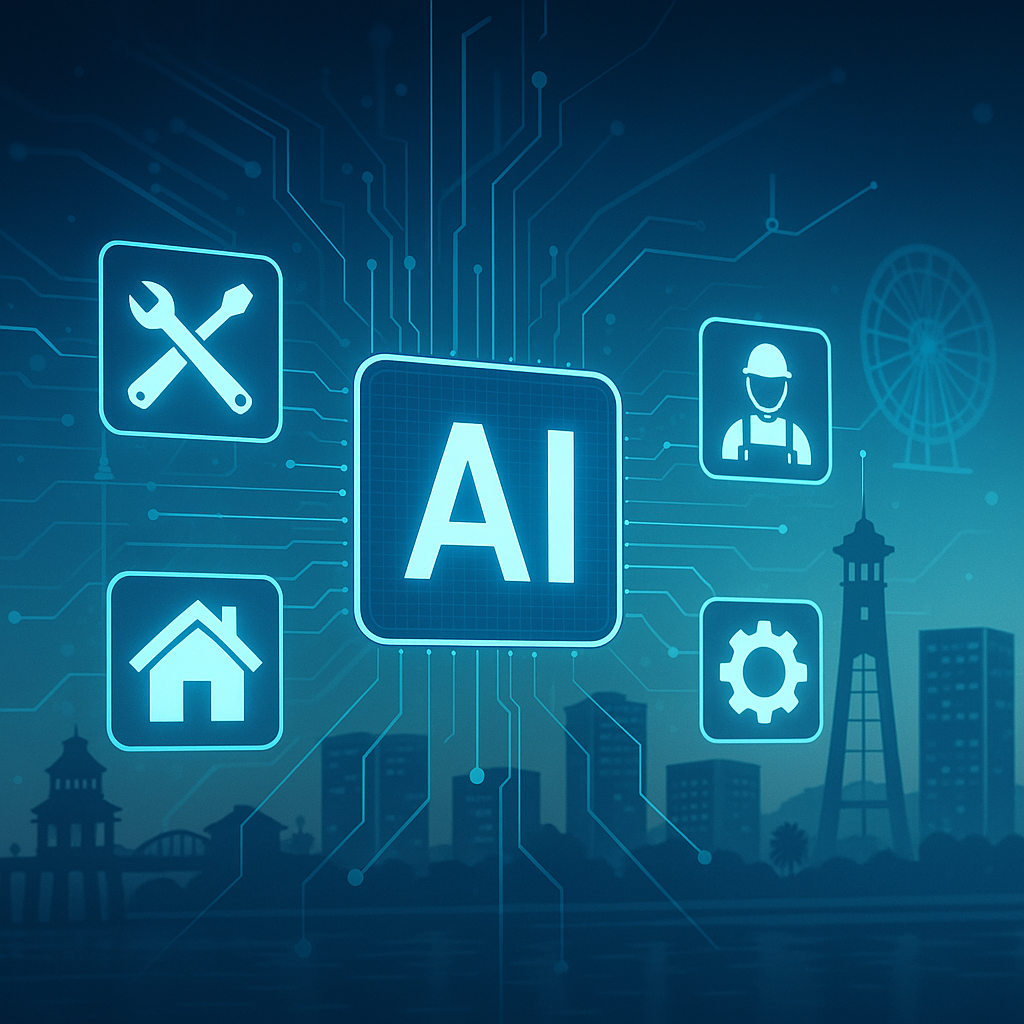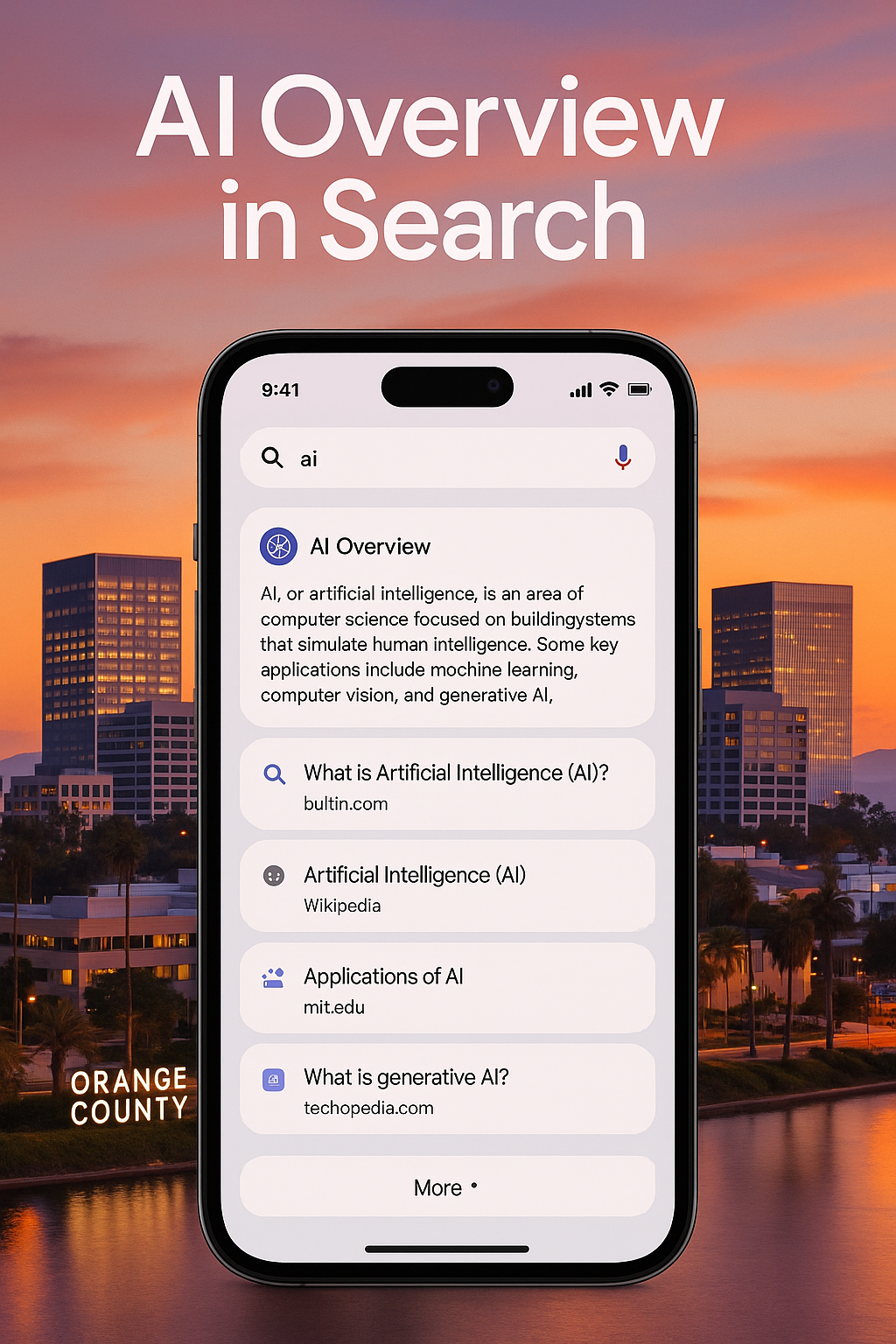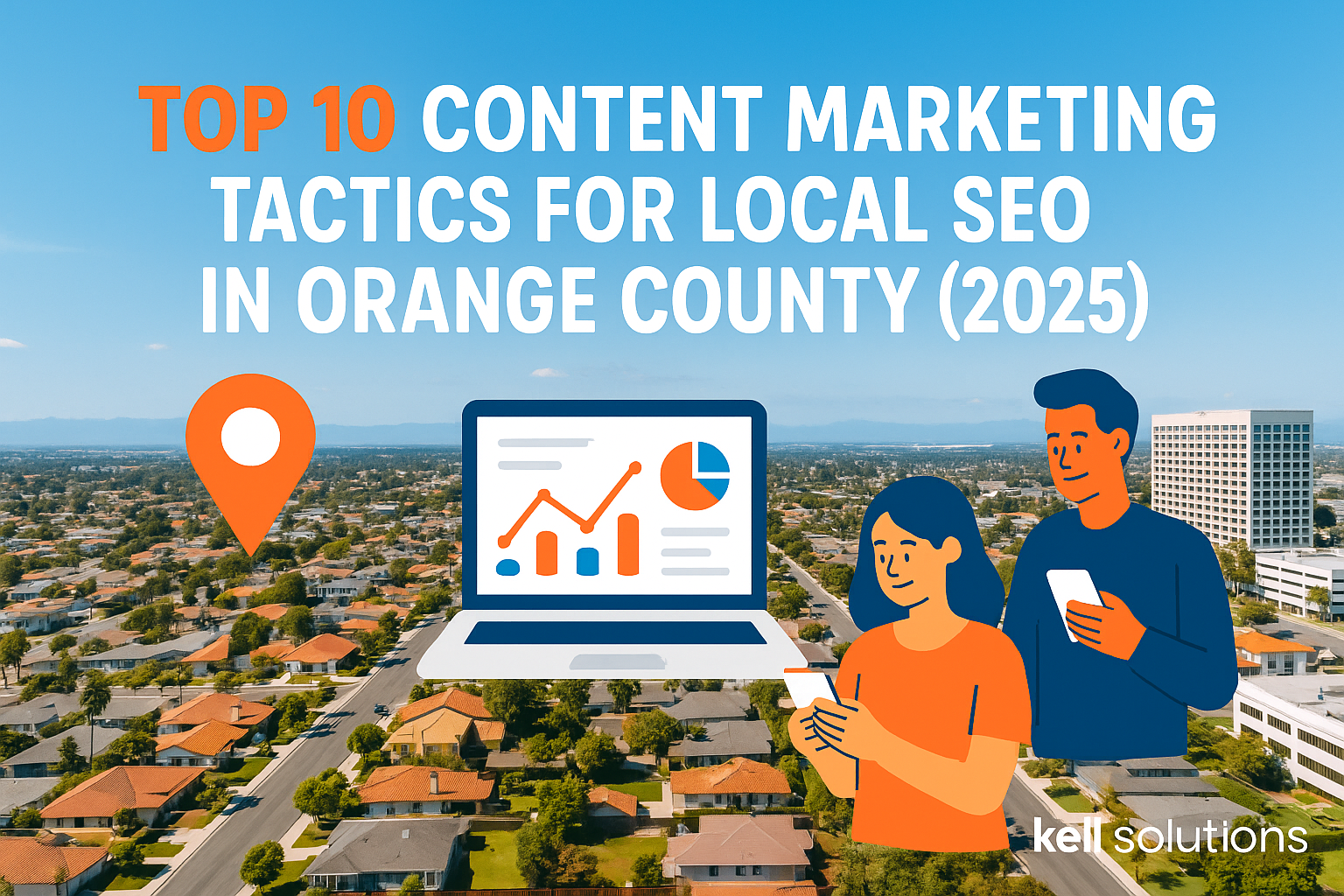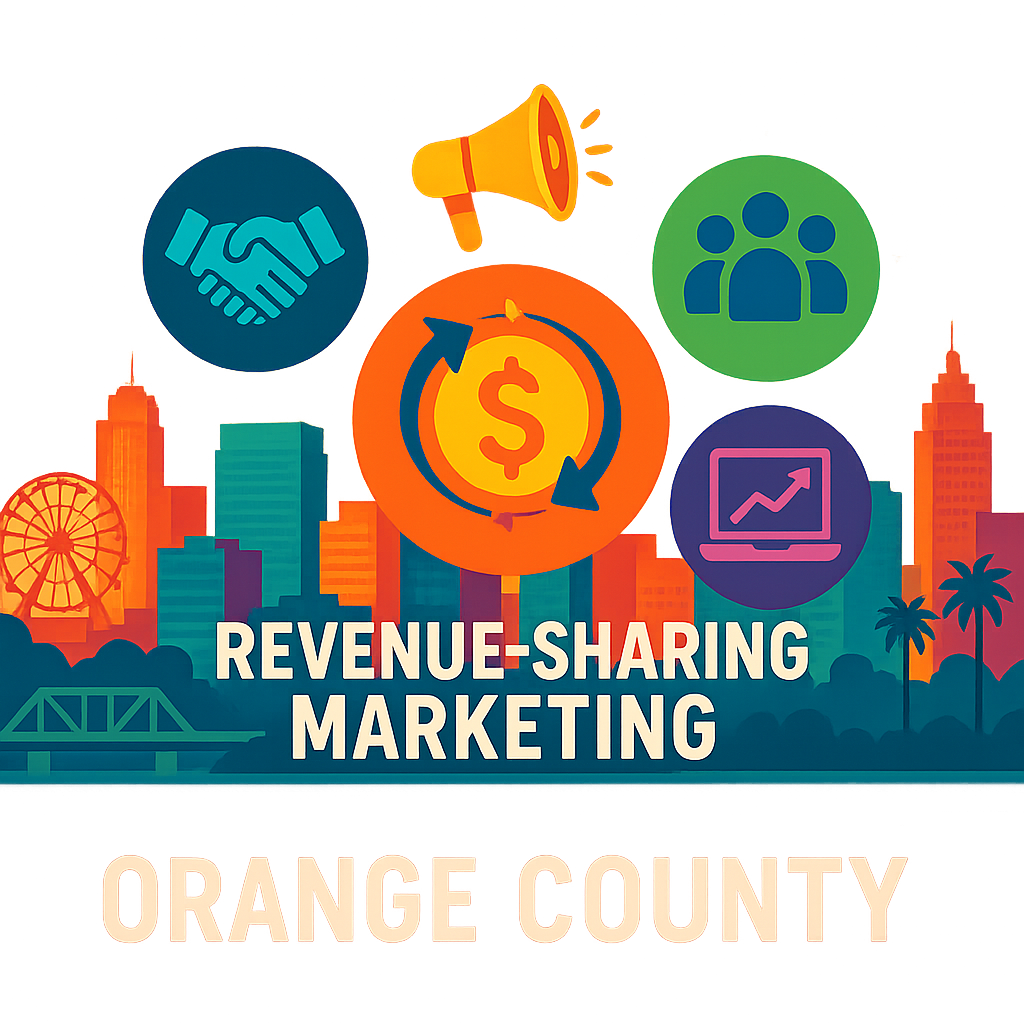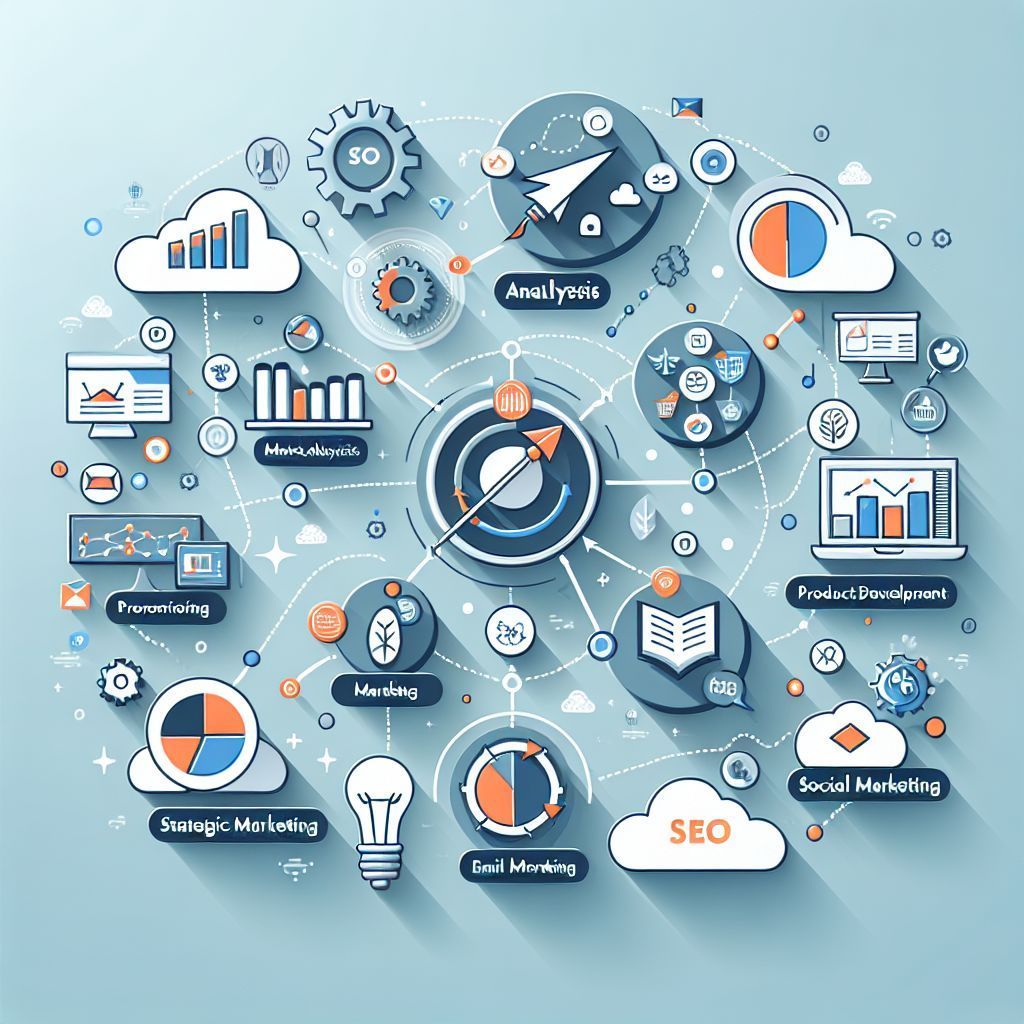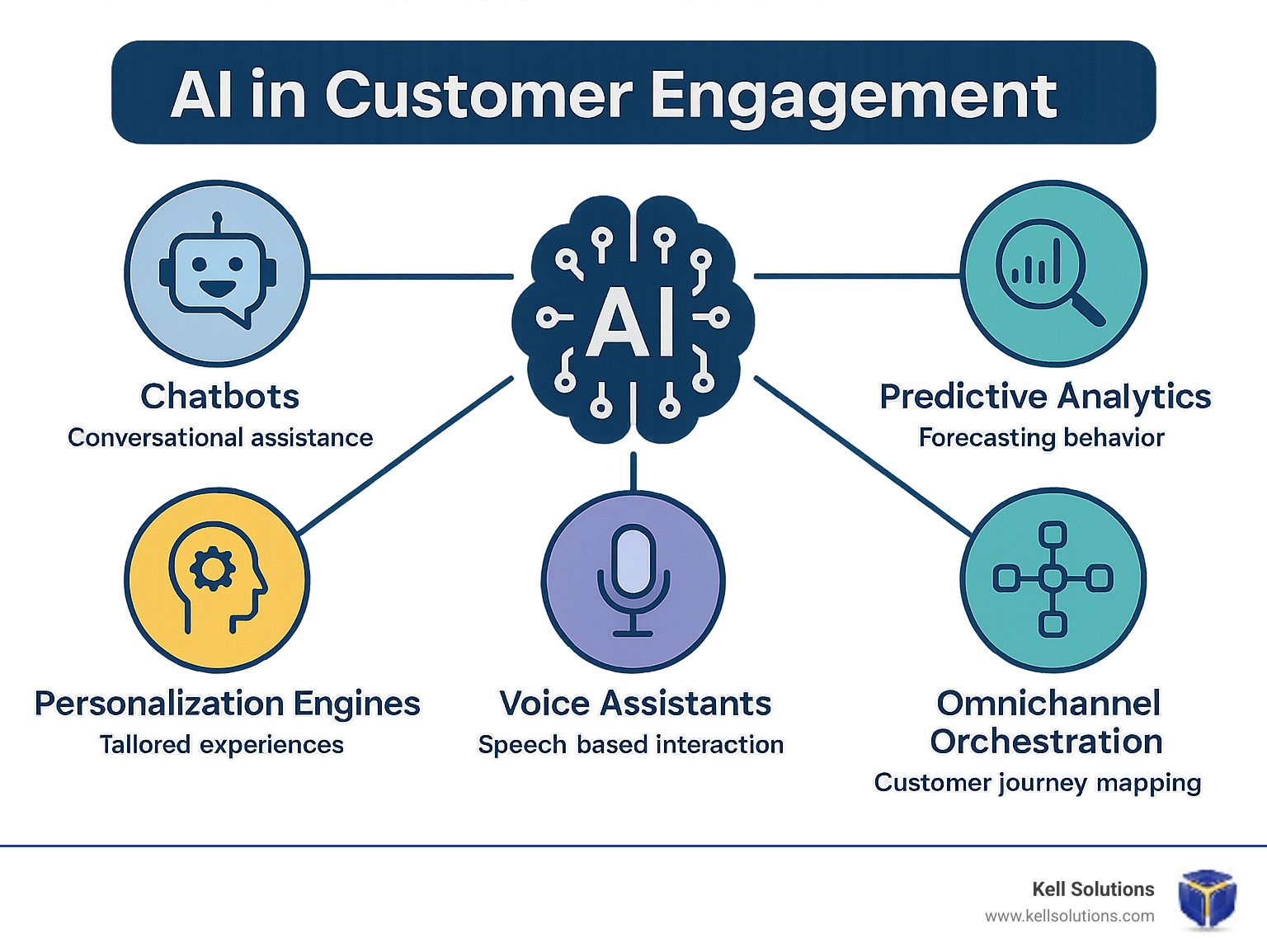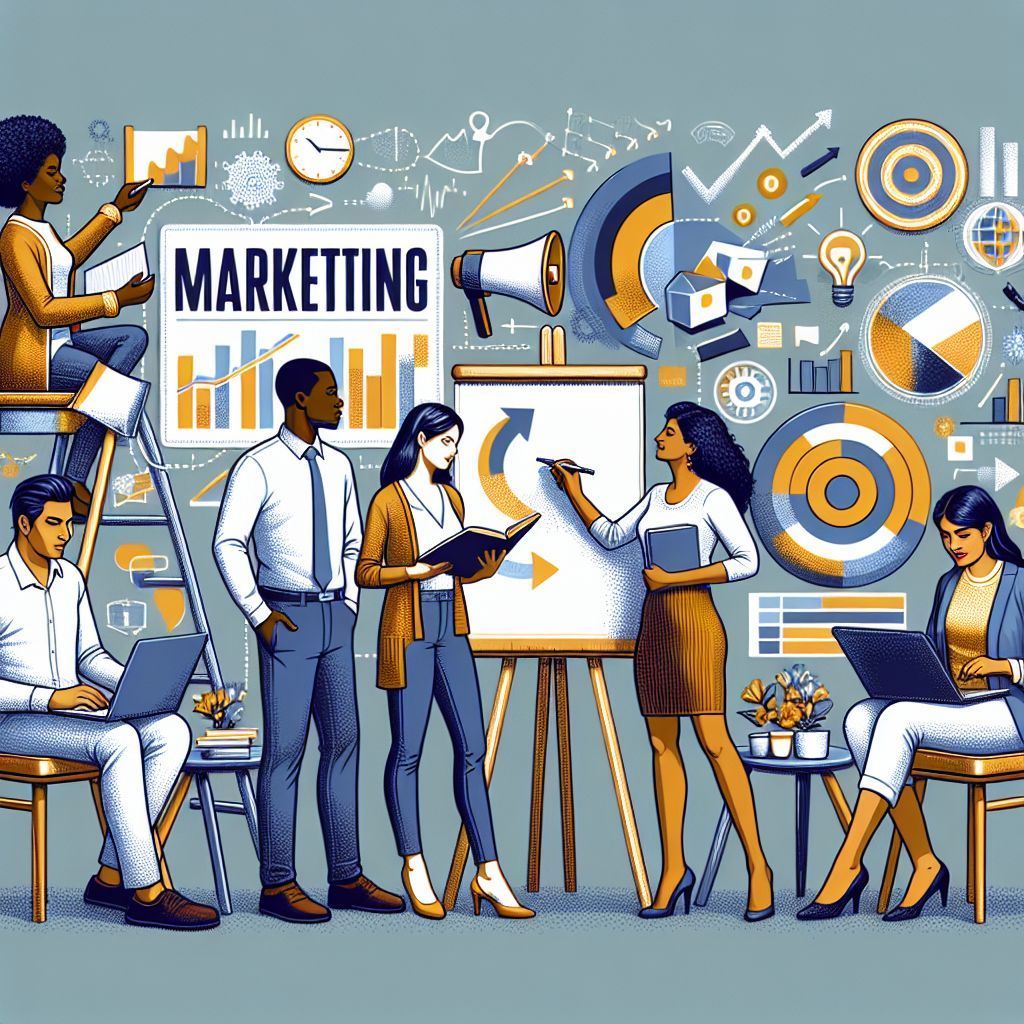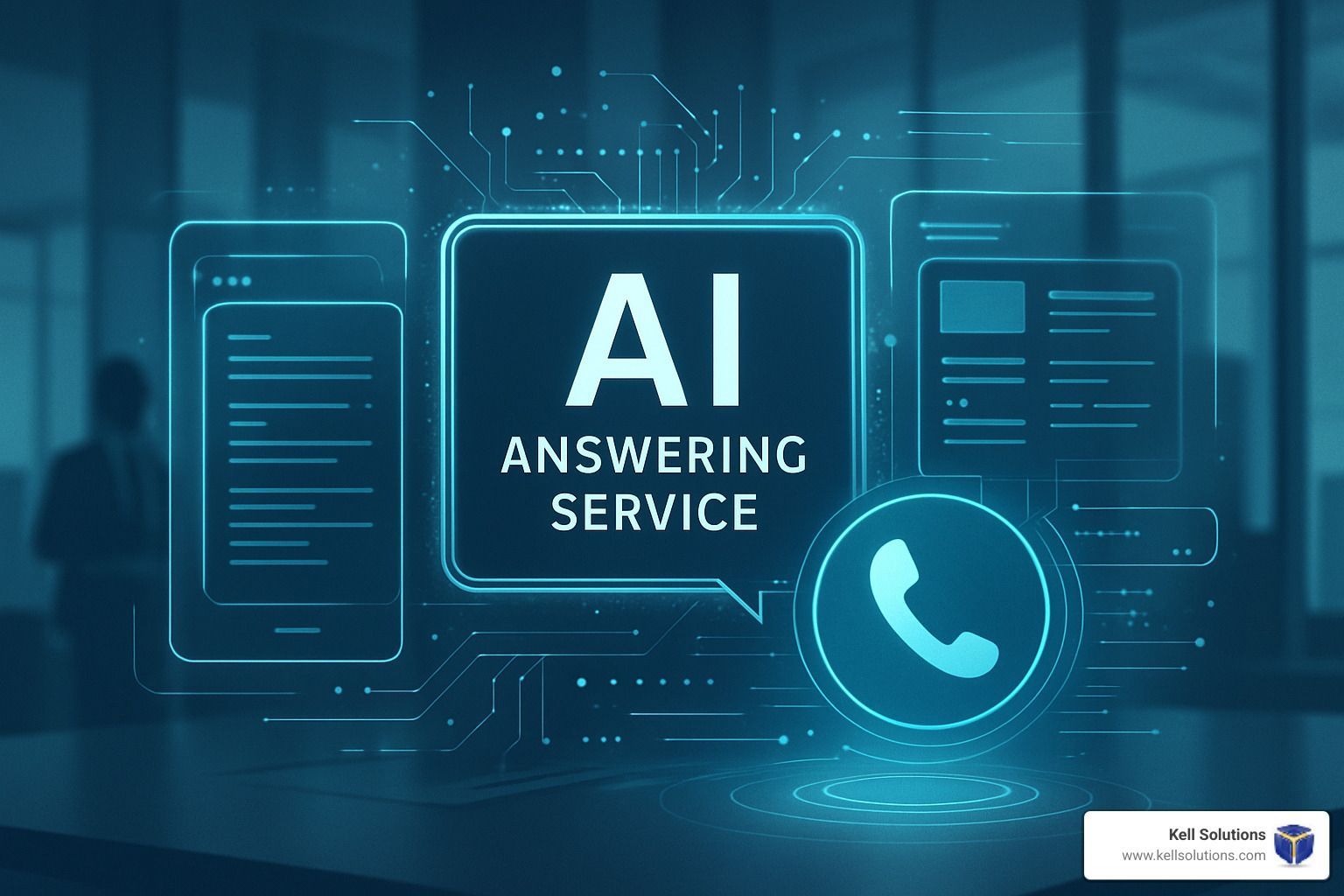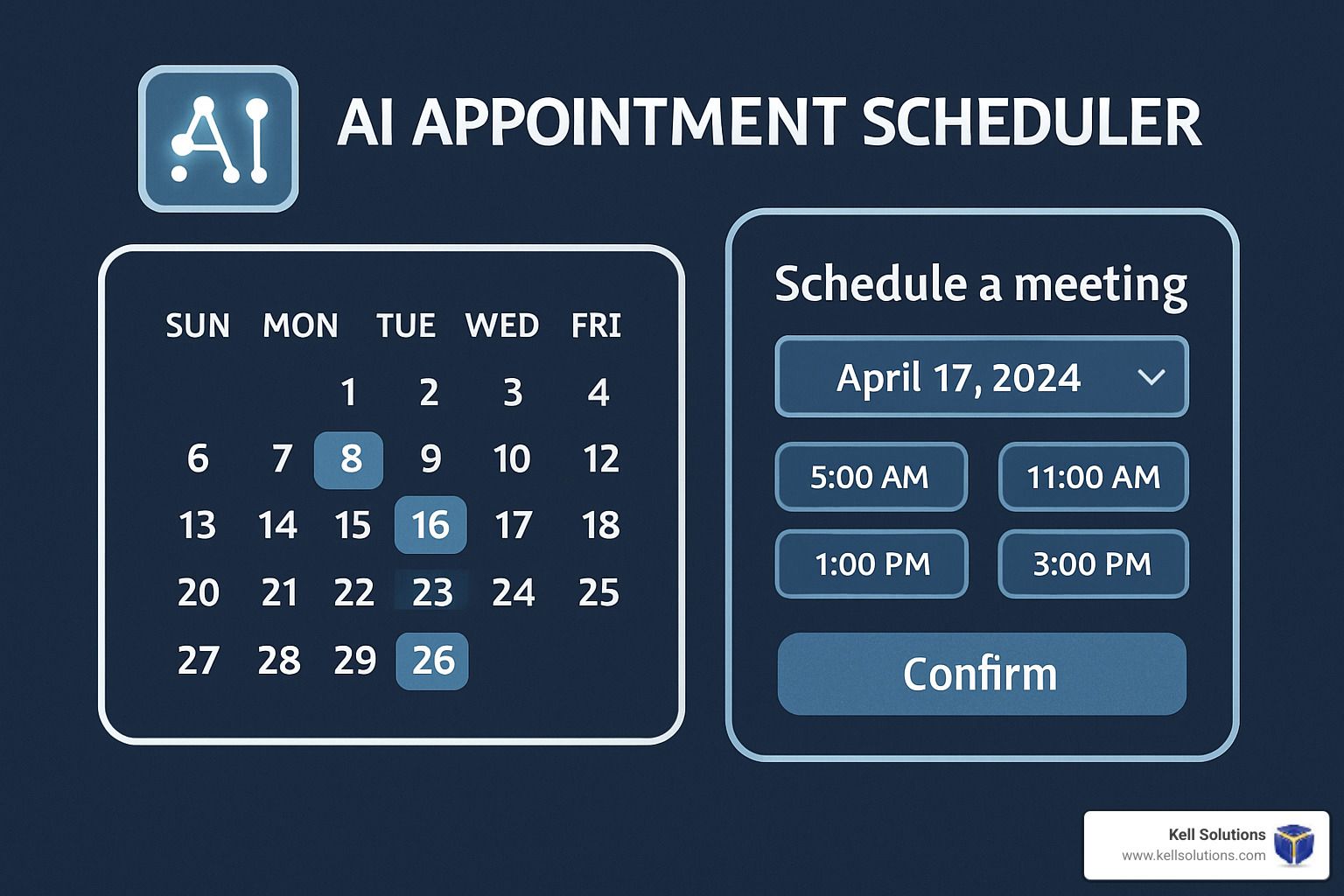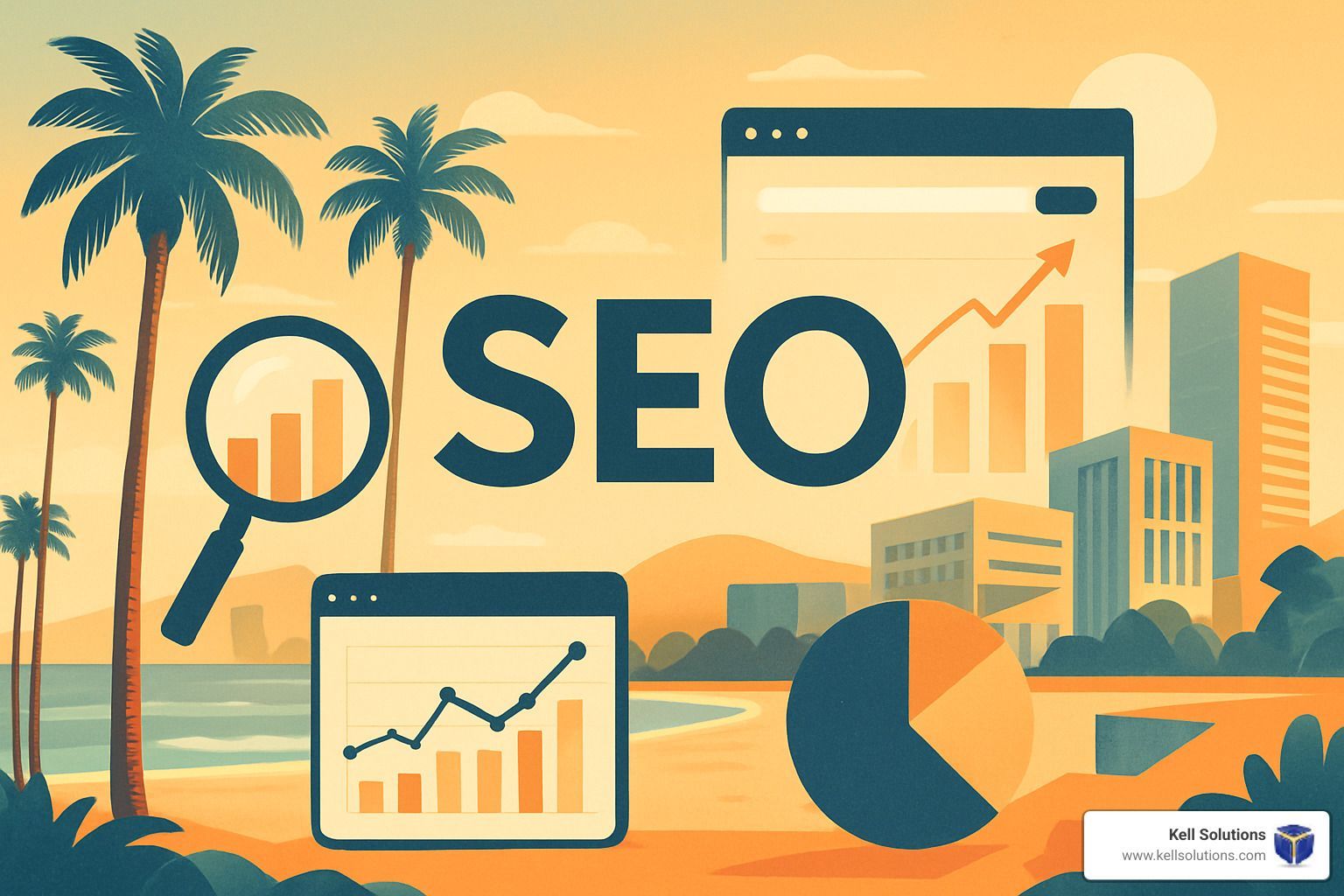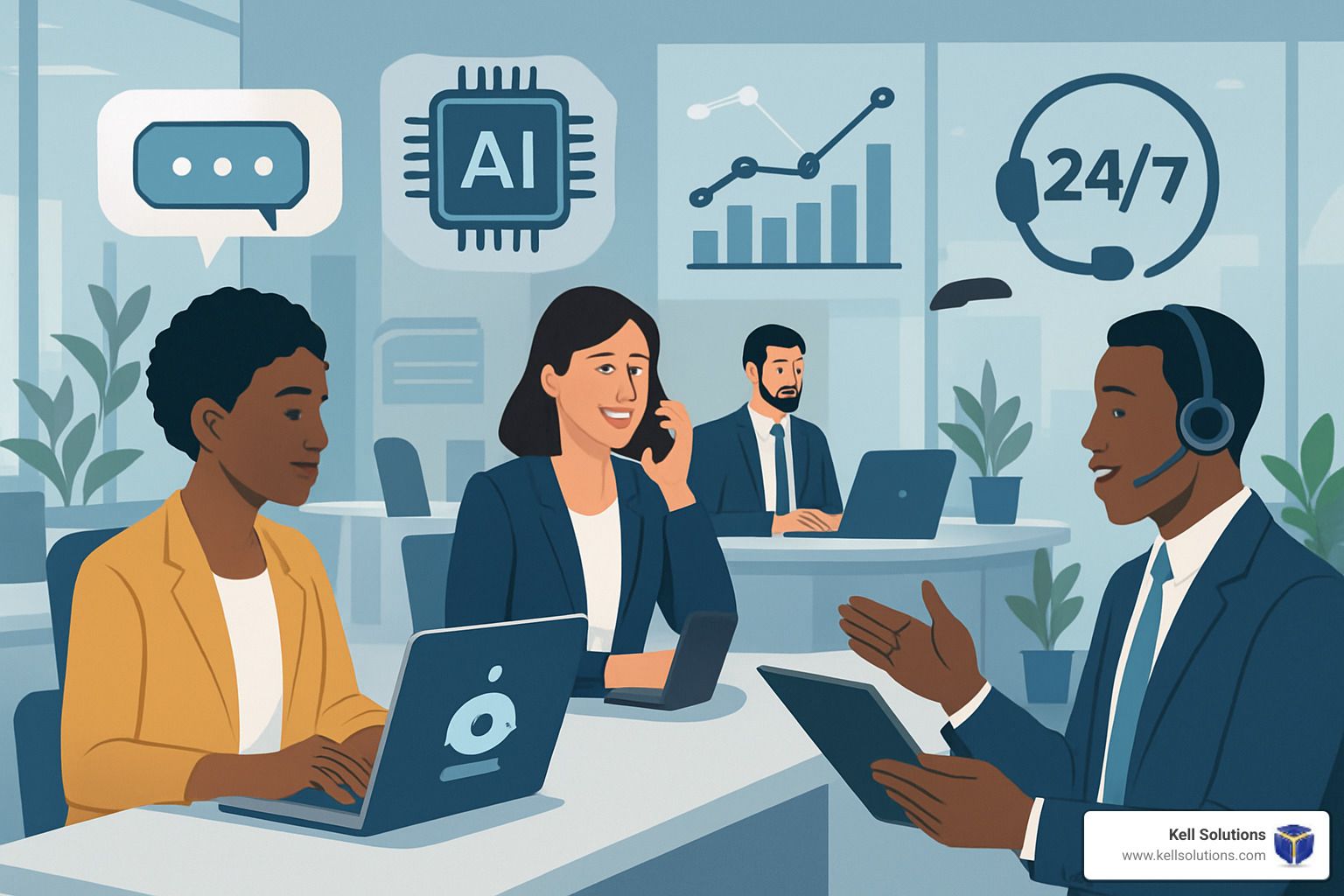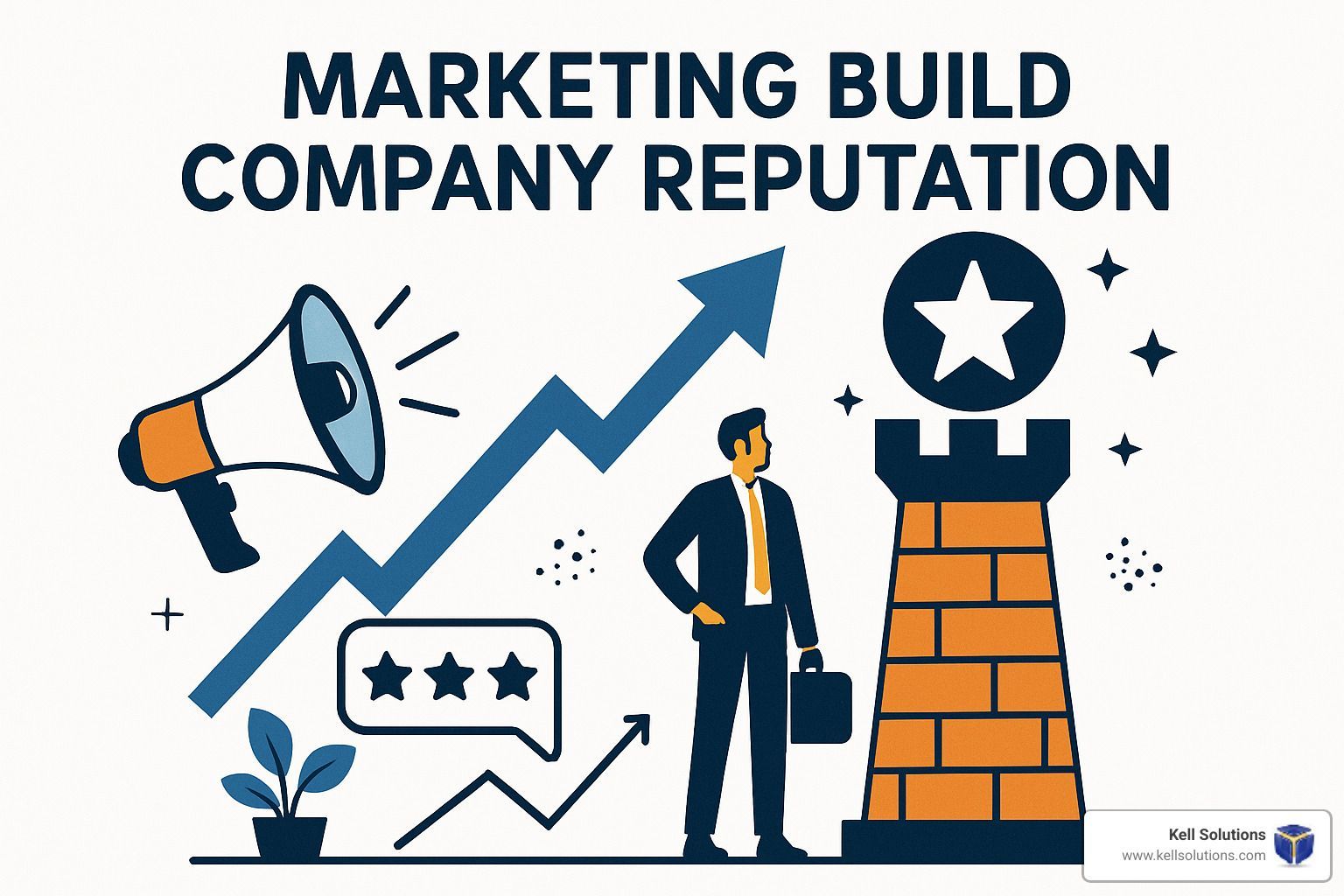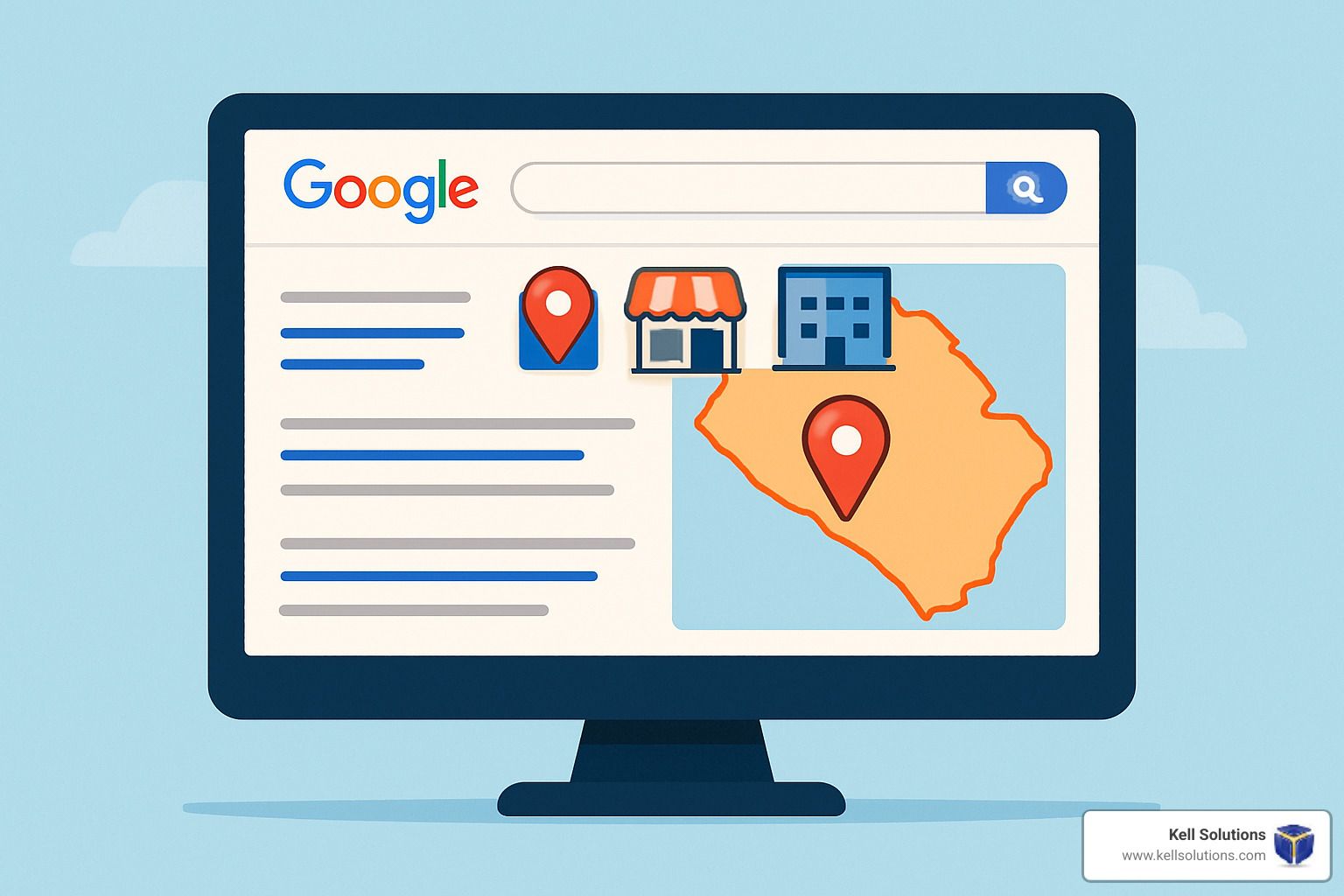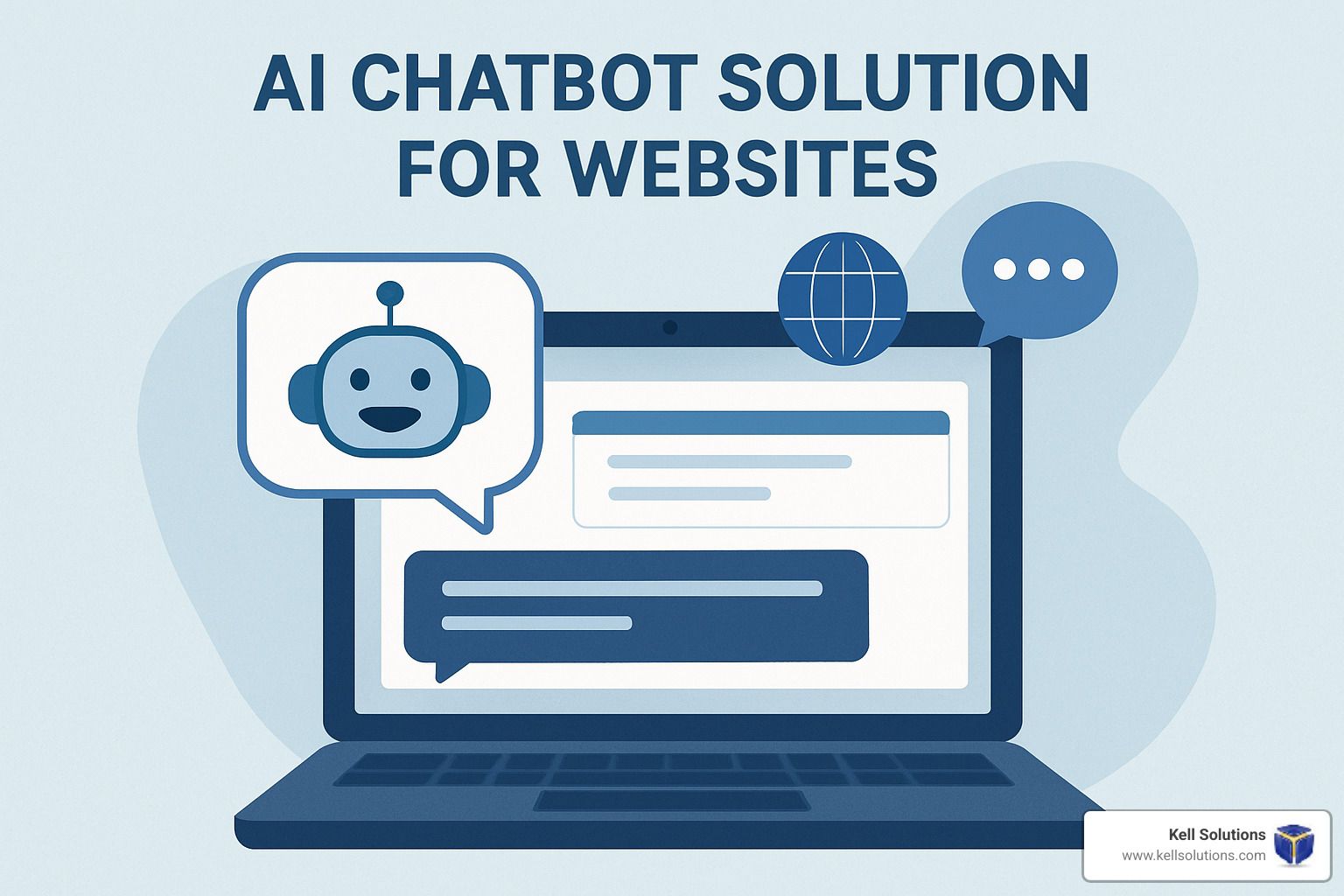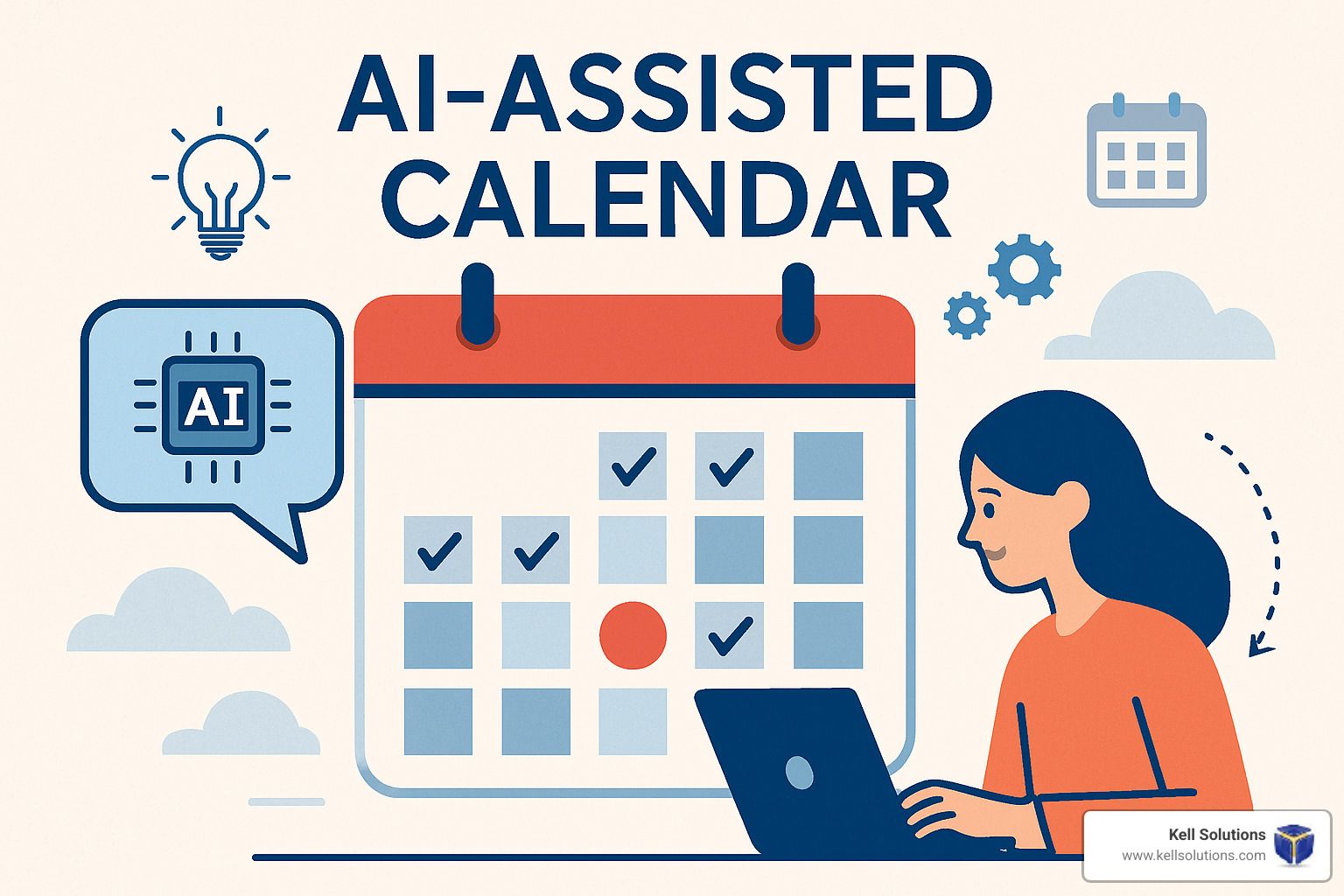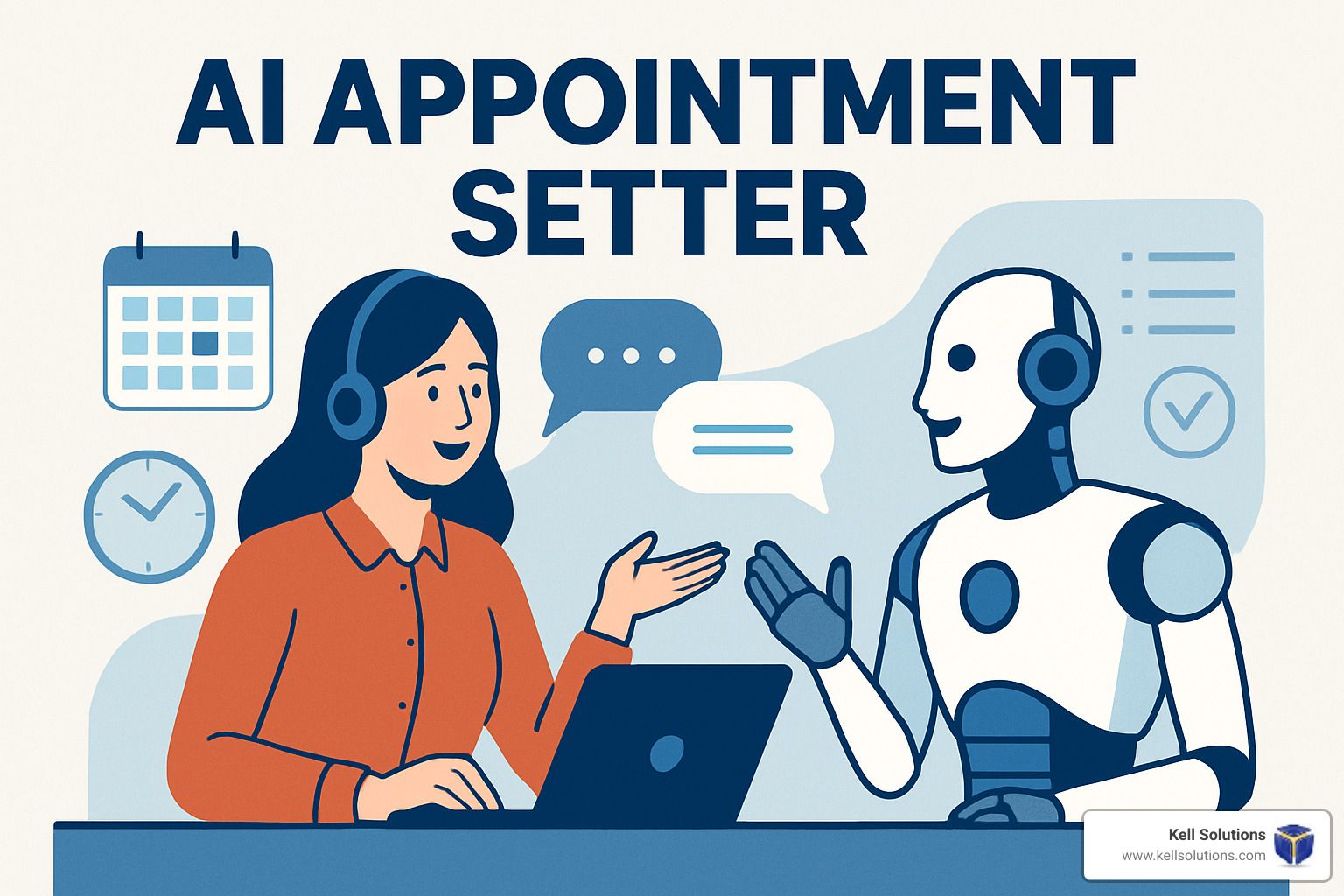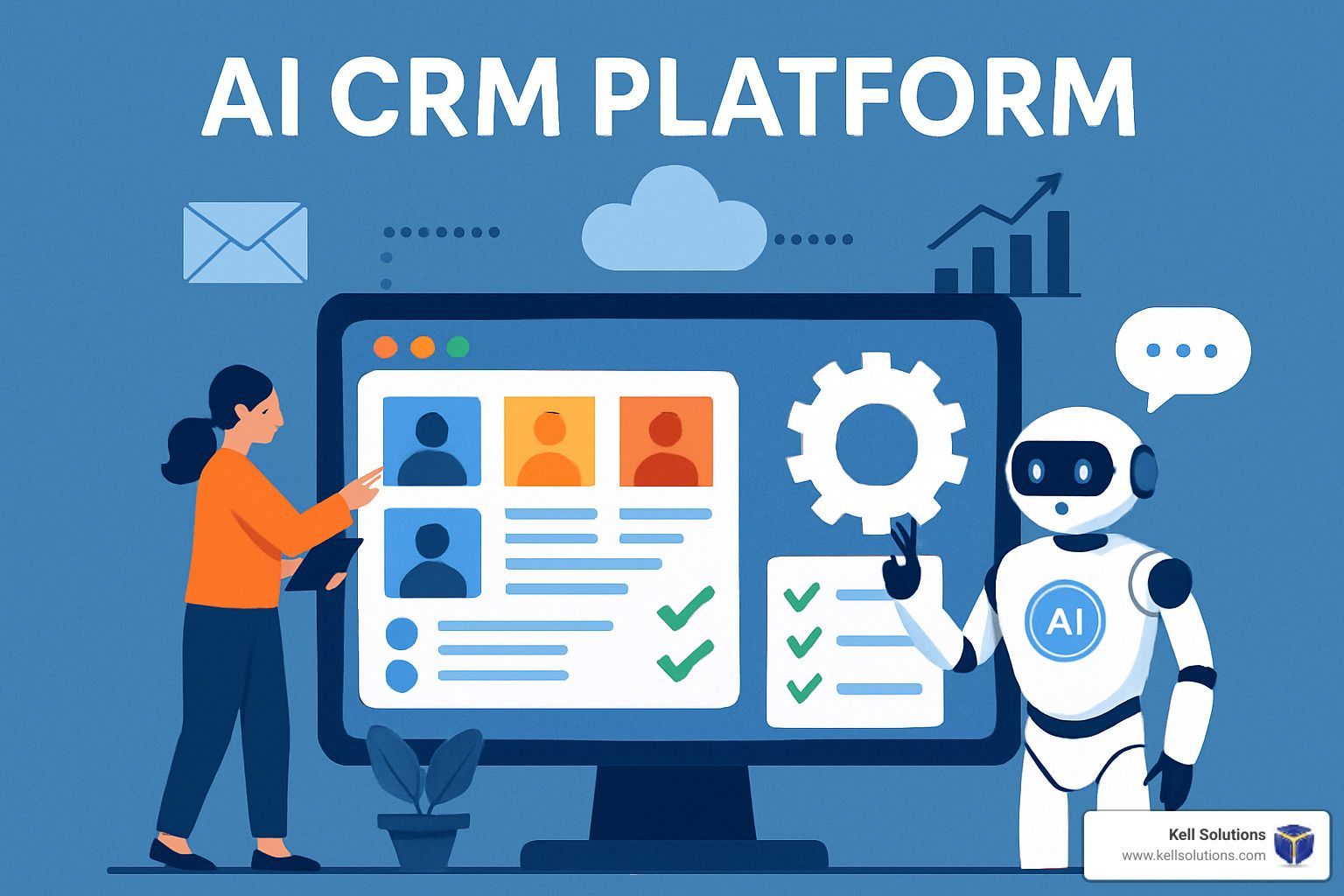AI-Powered Business Automation: Less Busywork, More Business
AI Automation: Transform Your Business Operations
AI automation for businesses refers to the application of artificial intelligence technologies to streamline workflows, reduce manual work, and improve decision-making across an organization. Here's what you need to know:
- Definition: The use of AI technologies like machine learning, natural language processing, and computer vision to perform tasks with minimal human intervention
- Key Benefits: Increased efficiency (40% productivity boost), reduced operational costs, 24/7 service capability, improved accuracy, and improved customer experiences
- Core Components: Machine learning models, natural language processing, robotic process automation, data analytics, and cloud computing
- Popular Applications: Customer service automation, data entry and processing, predictive maintenance, personalized marketing, and financial management
Are you tired of spending countless hours on repetitive tasks that drain your energy and keep your team from focusing on what truly matters? You're not alone. Small business owners across industries are finding that AI automation for businesses is no longer a luxury reserved for large corporations with massive IT budgets. Today's AI tools are accessible, affordable, and specifically designed to tackle the operational challenges that keep you working late.
According to MIT research, companies that strategically implement AI-driven automation see a remarkable 40% boost in productivity. This isn't just about cutting costs—it's about empowering your team to focus on creative problem-solving and relationship building while AI handles the predictable, time-consuming work.
I'm Gregg Kell, founder of Kell Web Solutions, and I've helped hundreds of small businesses implement AI automation for businesses to dramatically reduce busywork while increasing customer satisfaction and revenue. In this comprehensive guide, I'll walk you through everything you need to know about putting AI to work in your business.

Traditional Automation vs. Next-Gen Intelligence
Remember the days when "automation" meant rigid, rule-based systems that followed the same steps over and over? Those traditional automation tools (often called Robotic Process Automation or RPA) were in their time, but they're like old flip phones compared to today's smartphones when we talk about AI automation for businesses.
Traditional automation follows predictable "if this, then that" logic—perfect for repetitive tasks with zero surprises. But let's be honest: how many business processes actually work that way in real life?
AI automation brings something entirely different to the table: genuine intelligence and adaptability. Instead of breaking down when faced with the unexpected, AI systems can think on their feet. They learn from data, understand human language, recognize complex patterns, make probability-based decisions, and—perhaps most importantly—get better over time without someone having to reprogram them.
| Feature | Traditional Automation | AI Automation |
|---|---|---|
| Decision-making | Rule-based logic | Contextual intelligence |
| Handling exceptions | Requires human intervention | Can adapt and learn |
| Data processing | Structured data only | Both structured and unstructured |
| Setup complexity | Requires extensive programming | Can learn from examples |
| Improvement over time | Requires manual updates | Self-improves with more data |
| Human involvement | Needs constant supervision | Augments human capabilities |
Why AI Beats Scripts for Dynamic Workflows
In today's business world, those old-school automation scripts simply can't keep up. Think about your customer service team for a moment. Traditional automation might route emails based on specific keywords, but what happens when a customer uses unusual wording or mentions multiple issues in one message?
This is where AI automation for businesses truly shines. It offers genuine context awareness, understanding the meaning behind words, not just matching keywords. It has self-learning capabilities, analyzing what works and what doesn't to get better with every interaction. And when something unusual pops up, its exception handling allows it to either adapt on the fly or intelligently bring in human help.
It's no wonder that Forrester reports 89% of AI decision-makers say their organizations are exploring, experimenting with, or expanding their use of generative AI. The advantages for handling real-world, messy business processes are simply too good to ignore.
The Rise of Agentic Models
The newest and most exciting evolution in business automation is the emergence of agentic AI models. Unlike passive systems that just sit around waiting for commands, these AI agents take initiative and get things done.
Imagine having a digital teammate who can work across multiple systems, manage entire workflows from start to finish, make smart decisions on their own (within boundaries you set), and continuously improve at their job. That's what agentic AI brings to the table.
Recent research shows that 52% of U.S. IT executives believe these agentic systems will allow them to automate complex business workflows that they previously thought impossible to streamline.
In practical terms, an AI agent for your sales team could monitor incoming leads, research prospects, personalize outreach messages, schedule follow-ups, and even prepare preliminary proposals—all while you focus on building relationships and closing deals. The AI handles the repetitive parts, freeing your team to do what humans do best.
These intelligent agents don't just automate individual tasks—they manage entire processes while adapting to changing conditions, representing a genuine leap forward in how businesses can operate.
Core Building Blocks of AI Automation for Businesses
Imagine your business as a well-oiled machine, with AI automation for businesses serving as the high-performance engine. But what exactly powers this engine? Let's break down the essential components that make these intelligent systems work so effectively.

At the heart of every successful AI automation system are data pipelines – the lifeblood that collects, cleans, and organizes information. Think of these as the nervous system, constantly feeding your AI with the data it needs to learn and make smart decisions.
Working alongside these pipelines are machine learning models – the brain of your automation system. These sophisticated algorithms identify patterns and make predictions based on historical data, becoming smarter with every interaction.
For handling language-based tasks, Large Language Models (LLMs) have revolutionized how businesses communicate. These models understand and generate human language with remarkable accuracy, making them perfect for customer service and content creation.
No AI system works in isolation, which is why APIs and connectors are crucial. They're like the hands and feet of your automation, allowing AI systems to reach out and interact with your existing business software.
All this intelligence needs somewhere to live, which is where cloud computing infrastructure comes in. This scalable processing power supports your AI operations without requiring massive on-site hardware investments.
The beauty of modern AI automation for businesses is that you don't need to be a coding genius to use it. Low-code/no-code platforms have democratized AI, allowing team members with minimal technical expertise to build powerful automation workflows.
Before you start automating, you need to know where to focus. Process mining tools analyze your existing workflows to identify the best automation opportunities – shining a light on the hidden inefficiencies in your business.
Finally, integration hubs serve as the command center, coordinating different AI tools and business systems to work harmoniously together. They're the conductors ensuring your automation orchestra plays in perfect harmony.
Generative vs. Predictive vs. Adaptive AI
When exploring AI automation for businesses, you'll encounter three distinct flavors of AI, each bringing something special to the table.
Generative AI is like having a creative assistant who never sleeps. It creates fresh content based on patterns learned from existing data – writing emails, crafting marketing content, designing graphics, and even generating code. One client told me they reduced their content creation time by 90% by using generative AI to draft personalized customer responses.
Predictive AI is your crystal ball for business planning. It forecasts future events based on historical patterns, making it invaluable for sales forecasting, inventory management, and risk assessment. When you can see what's coming, you can prepare accordingly – like knowing which customers might leave before they've even thought about it themselves.
Adaptive AI is perhaps the most exciting development. Like a star employee who keeps getting better, adaptive AI continuously learns and adjusts its behavior based on new information and changing conditions. It excels at dynamic pricing, personalized recommendations, and autonomous decision-making – essentially allowing your systems to optimize themselves in real-time.
Most successful AI automation for businesses combines elements of all three types, creating solutions that can create, predict, and adapt all at once.
Security, Compliance & Governance Essentials
With great power comes great responsibility, and AI automation for businesses is no exception. Implementing proper safeguards isn't just good practice – it's essential for protecting your business and customers.
Your data security strategy should include end-to-end encryption for sensitive information, ensuring that data remains protected throughout its journey. Role-based access controls limit who can use your AI systems, while regular security audits help identify vulnerabilities before they become problems.
On the compliance front, businesses handling sensitive information should consider frameworks like SOC 2 certification, which validates your security practices. If you work with European customers, GDPR compliance is non-negotiable when handling personal data.
Proper governance starts with comprehensive audit trails of all AI actions and decisions. When your AI makes a recommendation, you should be able to trace exactly how it reached that conclusion. Regular performance reviews and bias testing ensure your systems remain fair and effective.
The strongest security measures won't help if they're not consistently applied. That's why working with vendors who prioritize security and compliance is so important, especially when handling sensitive customer data or making consequential business decisions.
Benefits & ROI of AI Automation for Businesses
When we talk about AI automation for businesses, the benefits go far beyond just saving time. The real magic happens when you see how these smart systems transform your entire operation from the ground up.
Think about what your team could accomplish if they weren't bogged down by repetitive tasks. According to groundbreaking MIT research, businesses that strategically implement AI automation see an impressive 40% boost in productivity. That's not just a number—it's your team finally having time to focus on creative problem-solving and relationship-building instead of data entry and manual processes.

The financial impact is equally compelling. By reducing labor costs for routine tasks, minimizing costly errors, and streamlining operations, AI automation for businesses delivers tangible cost savings that quickly offset the initial investment. One of our clients recently shared that their accounting department reduced invoice processing time by 78%, freeing up their finance team to focus on strategic planning instead of chasing paperwork.
Perhaps most exciting is the service change. Imagine offering your customers 24/7 support without the overhead of night shifts or weekend staffing. AI automation makes this possible, delivering consistent quality and personalized interactions at any hour. Your customers feel valued, and your team isn't burning the midnight oil.
The strategic advantages are equally powerful. With AI automation for businesses, you can respond to market changes faster, make better decisions based on real-time data, and scale operations without proportionally increasing costs. This explains why industry experts project the business process automation market to more than double from $9.8 billion to $19.6 billion by 2026.
Measuring Success: KPIs That Matter
To truly understand the impact of your AI automation for businesses initiatives, you need to track the right metrics. Rather than getting lost in technical details, focus on KPIs that directly reflect business value.
Start with efficiency metrics that show immediate operational improvements. Track how much faster processes run after automation (cycle time reduction), how many more transactions you can handle per day, and how often processes complete without human intervention. One manufacturing client reduced their quality assurance reporting time from 3 hours to 15 minutes—a change that transformed their ability to respond to production issues.
Customer impact tells an even more compelling story. Watch your Net Promoter Score (NPS) climb as customers experience faster response times and more consistent service. Monitor satisfaction ratings and first-contact resolution rates to see how automation improves the customer experience. The emotional impact of prompt, helpful service creates lasting customer loyalty that directly affects your bottom line.
Don't overlook the employee outcomes either. Staff satisfaction often soars when tedious tasks are automated, allowing team members to focus on more rewarding work. Reduced overtime, lower turnover, and higher engagement scores are powerful indicators that your automation strategy is working. Happy employees create happy customers—it's a virtuous cycle that AI automation helps create.
Finally, track the financial results that matter to your business. Direct cost savings, revenue increases from improved processes, and overall ROI tell the story of automation's impact on your profitability. These numbers help justify further investment and identify the next areas for automation.
Calculating Payback Period
When considering AI automation for businesses, one question always comes up: "How quickly will this pay for itself?" The answer often surprises business owners who might expect a long-term investment.
Start by honestly assessing your current costs. How many hours does your team spend on manual processes each week? What's the true cost of errors and rework? What opportunities are you missing due to slow processes? What about the customers who drift away because of service delays? These baseline costs often add up to far more than most business owners realize.
Next, estimate your potential savings. Beyond the obvious labor reductions, consider the value of fewer errors, faster process completion, and improved customer retention. One legal firm we worked with finded that automated client intake not only saved administrative time but also dramatically improved their conversion rate for initial consultations—a benefit they hadn't even anticipated.
When calculating implementation costs, be comprehensive but realistic. Include software fees, implementation services, training time, and ongoing support. Modern cloud-based solutions often eliminate many of the traditional IT infrastructure costs.
The final calculation is straightforward: divide your total implementation cost by your monthly savings to determine how many months until payback. For most of our clients, AI automation for businesses achieves full payback within 3-6 months, particularly for high-volume processes with clear efficiency opportunities.
Starting with a strategic pilot project is often the smartest approach. Choose a process that's causing pain but isn't mission-critical, implement automation, measure the results, and use that success to build momentum for broader adoption. This approach minimizes risk while demonstrating value quickly.
AI Integration Guide for Business: Adoption Checklist & Tips
Implementing & Integrating AI Automation in Your Stack
When it comes to bringing AI automation for businesses into your existing technology ecosystem, a thoughtful approach makes all the difference between success and frustration. I've guided dozens of businesses through this process, and I've found that preparation and planning are absolutely essential.
Start with a thorough process assessment – take time to map out your current workflows and identify where the real pain points exist. Look specifically for those high-volume, repetitive tasks that follow consistent patterns. These are your automation gold mines! For example, one of our clients finded that their team was spending 15 hours weekly just copying data between their CRM and accounting system – a perfect candidate for automation.
Prioritizing the right use cases is crucial for building momentum. Rather than trying to automate everything at once, rank your opportunities based on both impact and feasibility. The sweet spot? Processes that offer quick wins with clear ROI while still supporting your strategic goals. This balanced approach helps you demonstrate value quickly while building toward more significant change.

When selecting vendors, integration capabilities should top your list of requirements. The most powerful AI solution is worthless if it can't communicate with your existing systems! Evaluate how seamlessly potential solutions will work with your current tech stack, and don't forget to consider scalability – your automation needs will grow as you experience success.
Change management is often overlooked but absolutely critical. AI automation for businesses isn't just a technology change – it's a people change too. Take time to communicate the purpose and benefits clearly. One approach that works wonderfully is to frame automation as a way to eliminate the "robot work" so your team can focus on more rewarding, creative tasks that actually require human intelligence.
Step-by-Step Rollout Roadmap
I've found that a phased approach works best when implementing AI automation for businesses. Here's the roadmap I recommend to clients:
Phase 1: Findy and Planning (2-4 weeks) Begin by thoroughly mapping your current processes – and I mean really get into the details. What exact steps are being taken? Who's doing them? How long do they take? This baseline information is invaluable. Next, identify your prime automation candidates and rank them. Be sure to define clear success metrics – knowing what "good" looks like before you start makes evaluation much easier later.
Phase 2: Pilot Implementation (4-8 weeks) Start small with a high-impact but manageable process. This controlled experiment gives you room to learn without disrupting your entire operation. Configure your chosen AI solution, test it thoroughly, and document everything you learn. The insights from this pilot phase are often worth their weight in gold for future scaling.
Phase 3: Refinement (2-4 weeks) Now's the time to gather feedback from everyone involved. What's working well? Where are the friction points? Use this information to make adjustments to your automation. This is also when you'll optimize performance and exception handling – because no automation works perfectly 100% of the time. Finalize your training materials based on real-world experience.
Phase 4: Scaling (Ongoing) With a successful pilot under your belt, you can confidently expand to additional processes and departments. As you scale, implement proper governance and monitoring frameworks to maintain quality. The most successful businesses approach this as an ongoing journey, continuously measuring results and identifying new automation opportunities.
Selecting the Right Tools & Platforms
The marketplace for AI automation for businesses is growing rapidly, which makes choosing the right tools both exciting and challenging. Focus on these key criteria when evaluating options:
Look first at integration capabilities – how easily will the solution connect with your existing CRM, accounting software, or other critical systems? According to recent research, 87% of IT executives consider interoperability between different AI technologies essential or highly significant. This isn't surprising – disconnected tools create more problems than they solve.
Ease of use is another critical factor, especially for small businesses without dedicated IT teams. Can your staff configure and manage the automation without extensive technical training? The best solutions offer intuitive interfaces while still providing advanced capabilities when needed.
Don't overlook the importance of customization options. Your business processes are unique, and your automation tools should adapt to your way of working, not force you to change established procedures that are working well. Ask potential vendors specific questions about how their solution can be custom to your exact needs.
When evaluating vendors, insist on demonstrations using your actual business scenarios. Generic demos might look impressive but tell you little about how the solution will perform in your specific environment. I always recommend that clients prepare a real-world test case and ask vendors to show how their solution would handle it.
AI Automation for Businesses: Risk Mitigation Checklist
Even the most promising AI automation for businesses initiatives come with potential risks. Being proactive about addressing these concerns will save you significant headaches down the road.
Bias and fairness deserve serious attention. AI systems learn from data, and if that data contains biases, the automation will perpetuate them. Test your models with diverse datasets and implement regular bias audits. For example, if you're automating resume screening, make sure your system isn't inadvertently favoring certain demographic groups over others.
Operational continuity planning is essential. What happens if your AI system goes down? Develop clear fallback procedures and ensure your team maintains knowledge of manual processes as a backup. For critical automations, consider implementing redundancy to prevent single points of failure.
Change management is often the difference between adoption and resistance. Provide comprehensive training for all affected staff and address concerns about job displacement head-on. I've found that framing automation as a tool that eliminates tedious work rather than replacing people helps tremendously with acceptance.
Finally, establish ongoing governance with continuous monitoring of AI performance and clear accountability for outcomes. Develop specific procedures for handling incidents when they occur – because they will. Even the best automation systems encounter unexpected scenarios that require human intervention.
By thoughtfully implementing AI automation for businesses with these considerations in mind, you'll maximize benefits while minimizing potential disruptions. The businesses that approach automation as a strategic initiative rather than just a technology implementation consistently see the best results.
Real-World Use Cases & Emerging Tools
AI automation for businesses is revolutionizing how companies operate across every industry. Rather than just promising future potential, these technologies are delivering tangible results today in ways that might surprise you.
Think about those repetitive tasks eating up your team's valuable time. From answering the same customer questions to processing invoices or scheduling appointments – these are exactly the areas where AI automation shines brightest.
Customer Service & Engagement has seen some of the most dramatic changes. Modern AI voice agents can answer calls around the clock, ensuring you never miss an opportunity even when your office is closed. Intelligent chatbots now handle common inquiries with a natural conversational flow that customers actually appreciate. Behind the scenes, automated email systems personalize responses while sentiment analysis tools flag urgent issues that need human attention.
In Finance & Administration, the days of manually processing stacks of invoices are quickly becoming history. AI systems now automatically extract data from invoices, match them to purchase orders, and even flag discrepancies. Expense reports that once took hours to review can be validated in seconds, while budgeting tools use historical patterns to forecast future needs with surprising accuracy.
Human Resources departments are finding their own workflow changes through AI. The tedious process of screening resumes – once taking days or weeks – can now happen almost instantly as AI matches candidate qualifications to job requirements. Employee onboarding, which traditionally involved mountains of paperwork, can be streamlined into digital workflows that guide new hires through each step while automatically updating relevant systems.

Spotlight: Calendar & Email AI Assistants
If you're looking for an easy entry point into AI automation for businesses, look no further than your inbox and calendar. These daily time-drains are perfect candidates for AI assistance.
AI Calendar Assistants have become indispensable for busy professionals. They can interpret email requests like "Let's meet next week" and automatically suggest available times based on your preferences. Some even protect your productivity by blocking focused work time and preventing your calendar from becoming a patchwork of short meetings. The days of endless back-and-forth emails to find a meeting time are thankfully behind us.
Email Management AI is equally transformative. Rather than facing an overwhelming inbox each morning, imagine having your emails automatically sorted by importance. Urgent client requests rise to the top while newsletter subscriptions wait patiently at the bottom. When you're swamped, AI can draft responses to routine questions that you can quickly review and personalize. Some tools even create automatic summaries of lengthy email threads, saving you from scrolling through dozens of messages to catch up.
These tools deliver immediate time savings with minimal setup effort – making them perfect starting points for businesses just beginning their AI automation journey.
Industry Snapshots
The beauty of AI automation for businesses is how it adapts to each industry's unique challenges:
In Manufacturing, predictive maintenance AI has transformed equipment management. Rather than waiting for machines to break down, sensors collect data that AI analyzes to predict potential failures before they happen. This shift from reactive to proactive maintenance reduces downtime and extends equipment life. Meanwhile, computer vision systems inspect products at speeds and accuracy levels humans simply can't match.
Healthcare providers are using AI to streamline patient experiences while improving care. Automated appointment scheduling reduces no-shows through smart reminders, while documentation assistants capture patient information during visits – letting doctors focus on patients instead of paperwork. Behind the scenes, insurance verification tools confirm coverage instantly rather than through time-consuming phone calls.
Retail businesses are embracing AI to better understand and serve customers. Inventory forecasting tools analyze seasonal trends, special events, and even weather patterns to optimize stock levels. Visual search lets customers find products by uploading images rather than struggling to describe what they want. And dynamic pricing systems adjust offers based on demand patterns that would be impossible for humans to track manually.
Financial Services firms use AI to improve security while improving customer experiences. Fraud detection systems analyze thousands of transaction patterns in milliseconds to flag suspicious activity. Loan applications that once took weeks can now be processed in minutes through automated underwriting. Investment portfolios receive continuous monitoring and rebalancing recommendations based on market conditions.
Professional Services firms like law offices, accounting practices, and consulting firms are finding their own AI advantages. Document review tools can analyze thousands of pages in minutes, extracting key information that would take humans days to find. Knowledge management systems make the collective wisdom of the organization instantly searchable, while project management AI helps optimize resource allocation across multiple client engagements.
Must-Have AI Automation Tools
Based on real-world experience implementing AI automation for businesses, these five tools consistently deliver the highest return on investment:
Process Mining Software acts like an X-ray for your business operations. Rather than guessing where inefficiencies exist, these tools analyze your actual digital workflows to pinpoint bottlenecks and automation opportunities. They provide data-driven insights about which processes will benefit most from automation, helping you prioritize your efforts for maximum impact.
AI Voice Agents transform how businesses handle phone communication. Unlike traditional answering services or voicemail, these intelligent systems can have natural conversations with callers, capture important information, and even book appointments directly into your calendar. They ensure every call gets answered professionally, regardless of time or staffing constraints.
Enterprise Search Solutions make your organization's collective knowledge instantly accessible. Instead of wasting time hunting through shared drives, emails, and documents, these tools create a single search interface that understands natural language questions. The time savings are substantial – studies show employees spend up to 20% of their workweek just looking for information they need.
Project Management AI keeps initiatives on track without constant manual oversight. These tools automatically assign tasks, send follow-ups on approaching deadlines, and generate status reports. The most advanced versions can even predict potential delays by analyzing historical project data and current progress patterns.
Document Processing AI eliminates the drudgery of manual data entry. From contracts to invoices to forms, these systems extract relevant information and route it to appropriate systems and people. They maintain consistency that manual processing simply can't match while dramatically reducing processing time.

The right combination of these tools can transform your daily operations, freeing your team to focus on creative problem-solving and relationship building rather than repetitive tasks. The best part? Many of these solutions are now accessible to businesses of all sizes, not just enterprise organizations with massive IT budgets.
Frequently Asked Questions about AI Automation
What is the quickest way to start AI automation for businesses?
When businesses ask me about getting started with AI automation for businesses, I always recommend starting small but strategic. Don't try to transform everything overnight! The most successful implementations begin with targeted, high-impact use cases that deliver immediate value.
The three fastest paths to meaningful results typically are:
First, consider implementing communication automation through AI voice agents or chatbots. These tools can handle routine inquiries around the clock, giving your customers support even when your team is off the clock. Many of our clients are amazed at how quickly this improves their customer experience.
Second, look at document processing automation. The amount of time businesses spend manually extracting data from forms, invoices, and documents is staggering. AI can process these in seconds with remarkable accuracy, freeing your team from mind-numbing data entry.
Third, meeting scheduling automation delivers surprising productivity gains. The back-and-forth of coordinating calendars eats up hours each week. AI assistants can handle this seamlessly, finding optimal times that work for everyone.
I've seen this approach work wonderfully for our clients across Southern California. One professional services firm started with a VoiceGenie AI voice agent to handle after-hours calls, and they captured 37% more leads in the first month alone. This gave their team time to get comfortable with AI while seeing tangible business results from day one.
How does AI automation integrate with legacy ERP/CRM systems?
This is a concern I hear all the time, especially from established businesses with significant investments in existing systems. The good news is that AI automation for businesses can work alongside your legacy software without requiring a complete overhaul.
There are several proven approaches to integration. Many modern AI tools offer pre-built API connectors to popular ERP and CRM systems, making integration relatively straightforward. If direct API connections aren't available, middleware solutions can serve as translators between your AI tools and legacy systems.
For older systems without modern interfaces, RPA (Robotic Process Automation) often provides the quickest path by essentially mimicking human interactions with your existing software. And for unique requirements, custom development remains an option, though it's rarely the first choice.
When helping our clients integrate AI with their existing business systems, we start by mapping the data flows and identifying the most efficient connection points. This minimizes disruption while maximizing the value of both your existing systems and new AI capabilities.
One law firm we worked with was concerned about integrating AI with their specialized practice management software. By using a combination of API connections and strategic RPA, we created a seamless flow of information that preserved their existing workflows while adding powerful automation capabilities.
Will AI automation replace my team or augment their work?
I understand this concern deeply. It's perhaps the most common question about AI automation for businesses, and it deserves a thoughtful answer.
After implementing AI automation across hundreds of businesses, I've consistently observed that AI works best when augmenting human capabilities rather than replacing entire roles. Automation typically eliminates specific tedious tasks, not complete jobs. The most successful implementations focus on handling routine, repetitive work while empowering employees to focus on what humans do best—creative problem-solving, relationship building, and strategic thinking.
Teams that accept AI often report that their work becomes more interesting and impactful. When freed from mundane tasks, people can apply their uniquely human skills to higher-value activities. I've seen this transform workplace satisfaction while simultaneously improving business results.
A professional services firm in Southern California implemented our VoiceGenie AI to handle their incoming calls. Rather than eliminating their receptionist position, they shifted that team member into a client relationship management role. Not only did the employee report higher job satisfaction, but their clients received better service, and the firm captured more leads through 24/7 availability.
The most successful businesses view AI not as a replacement for their team, but as a powerful tool that amplifies their team's capabilities and impact. When implemented thoughtfully, AI automation creates opportunities for growth and development rather than threatening jobs.
📚 About the Author
Gregg Kell is a seasoned digital marketing strategist and founder of Kell Web Solutions, Inc., helping professional service firms grow through innovative AI-powered solutions like VoiceGenie AI. With over 20 years of experience in web development, lead generation, and business automation, Gregg is passionate about helping small businesses maximize growth and profitability through cutting-edge technologies.
When he's not helping businesses boost their bottom line, Gregg enjoys life by the beach in Laguna Beach, California, with his wife Debbie, celebrating over 40 years of marriage and entrepreneurial trips.
👉 Explore More from Gregg:
VoiceGenie AI Demo
Missed Call ROI Calculator
VoiceGenie AI Pricing
Conclusion & Next Steps
As we've explored throughout this guide, AI automation for businesses isn't just a fancy tech trend—it's a practical solution that can transform how you operate. The good news? This technology has finally reached a point where businesses of all sizes can benefit, not just the corporate giants with massive IT departments.
The AI automation landscape continues to evolve at an impressive pace, with several exciting developments on the horizon:
The future is moving toward AI systems that can handle complex workflows with minimal babysitting from you or your team. We're seeing automation increasingly bridge departmental silos, creating seamless end-to-end processes that were previously impossible. Meanwhile, no-code tools are putting the power of automation directly in the hands of regular business users—no coding required. Perhaps most exciting is how AI is delivering increasingly personalized experiences for both customers and employees.
For businesses across Southern California—whether you're based in sunny San Diego or busy Los Angeles—now is the perfect moment to explore how AI automation for businesses can address your specific challenges and create new opportunities for growth.
At Kell Solutions, we've focused our expertise on developing custom AI voice agents that work around the clock to answer calls, capture leads, and book appointments. Our clients typically see immediate improvements in their customer responsiveness, while their teams are finally freed from the constant interruption of routine phone calls.
Starting your automation journey doesn't have to feel overwhelming. Begin by clearly assessing your current pain points, identify a few high-impact opportunities, and implement solutions that deliver quick wins. This approach builds confidence and momentum toward your longer-term vision.
Ready to see how AI automation for businesses can transform your operations? I'd love to show you a personalized demonstration of our VoiceGenie AI voice agent technology. You'll see how it can help you capture every potential lead while giving your team back valuable time to focus on what matters most.
📚 About the Author
Gregg Kell is a seasoned digital marketing strategist and founder of Kell Web Solutions, Inc., helping professional service firms grow through innovative AI-powered solutions like VoiceGenie AI. With over 20 years of experience in web development, lead generation, and business automation, Gregg is passionate about helping small businesses maximize growth and profitability through cutting-edge technologies.
When he's not helping businesses boost their bottom line, Gregg enjoys life by the beach in Laguna Beach, California, with his wife Debbie, celebrating over 40 years of marriage and entrepreneurial trips.
👉 Explore More from Gregg:
VoiceGenie AI Demo
Missed Call ROI Calculator
VoiceGenie AI Pricing
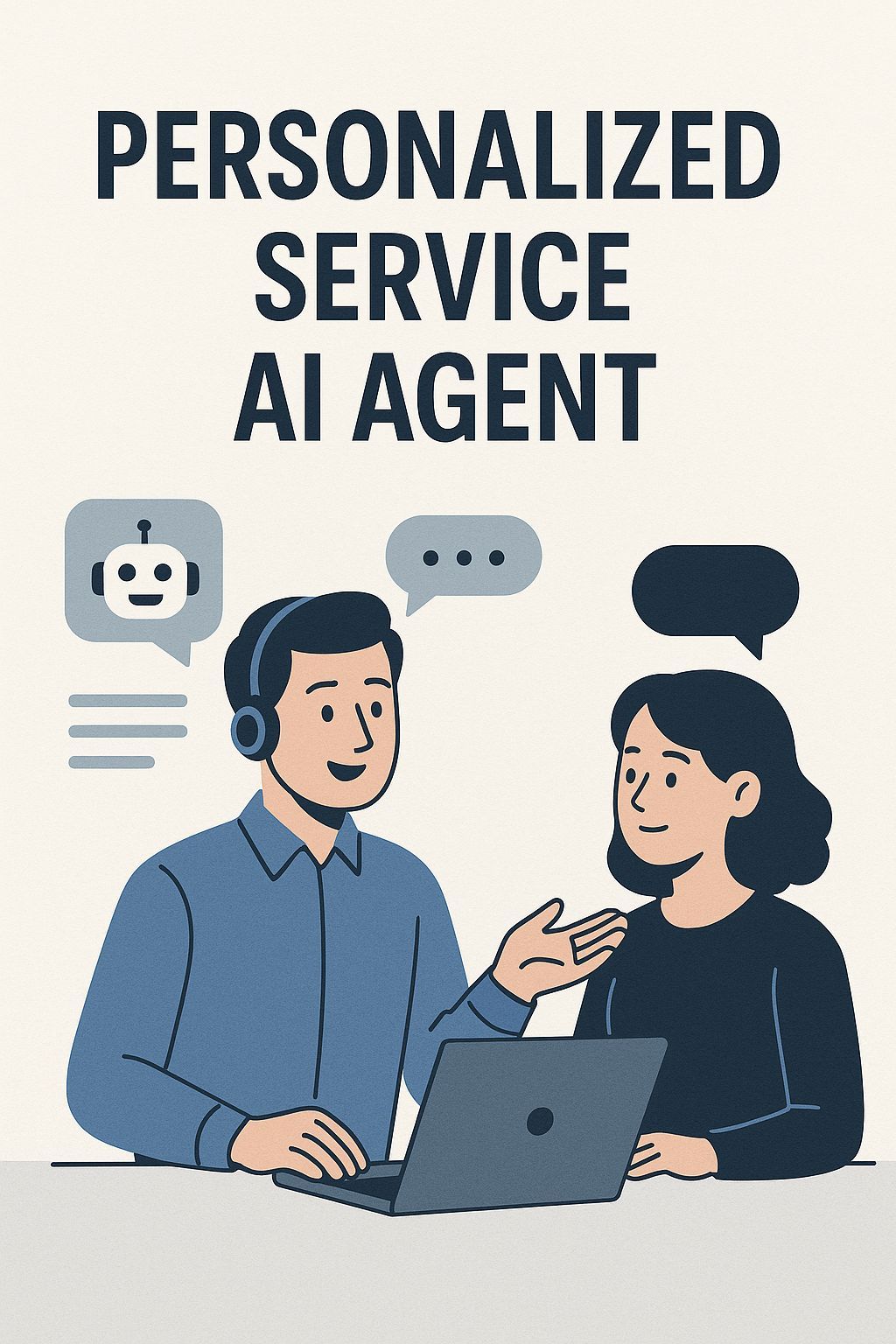

Orange County HVAC Google AI Overview Domination: 7 Proven Strategies to Capture Featured AI Results




